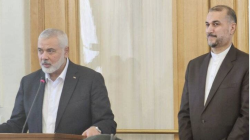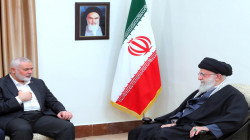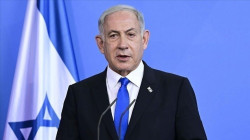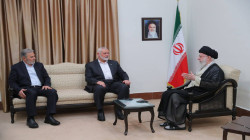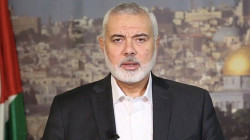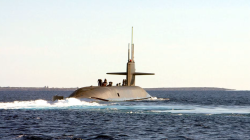Iran vows revenge after Hamas leader's death: is the Middle East heading for all-out war?
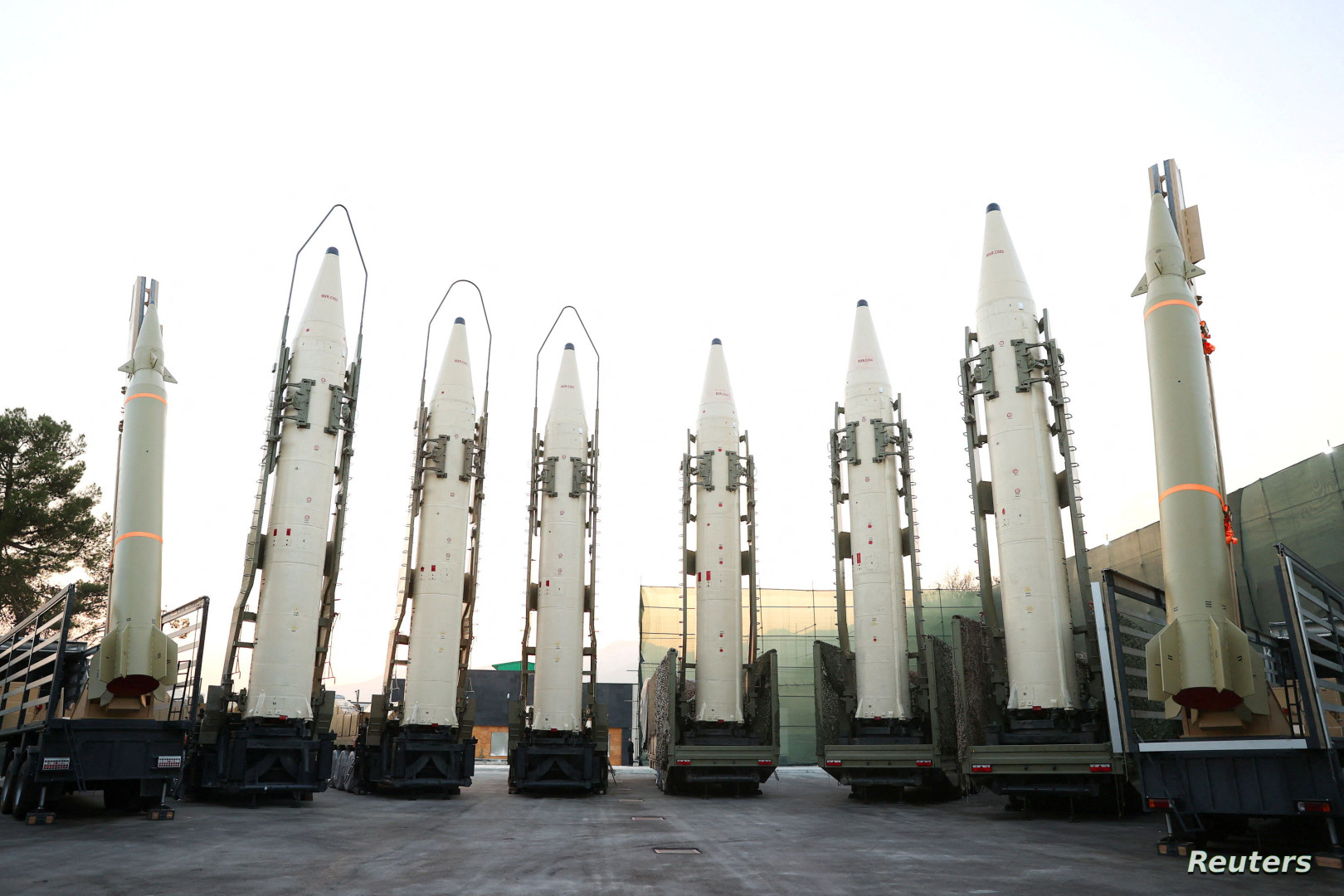
Shafaq News/ The assassination of Ismail Haniyeh, Hamas's political leader, has ignited a volatile situation in the Middle East, with Iran's leaders vowing retaliation and regional tensions escalating rapidly. The attack, which took place in Tehran just hours after Iran's new president, Masoud Pezeshkian, assumed office, has dashed hopes for peace and pushed the region closer to an all-out war, according to the Guardian report.
The recent killing of Ismail Haniyeh, Hamas’s top political figure, in a bomb attack at an Islamic Revolutionary Guard Corps (IRGC) compound in Tehran has set the Middle East on edge. The explosion, attributed to Israel, occurred shortly after Masoud Pezeshkian's inauguration as Iran's president. This attack, which instantly killed Haniyeh, has humiliated Iranian leaders and threatened to derail Pezeshkian's hopes for a more progressive and diplomatic approach.
Iran's supreme leader, Ayatollah Ali Khamenei, has responded with fierce condemnation, declaring that avenging Haniyeh’s death is “our duty” and signaling potential direct military retaliation against Israel. The assassination has further complicated the already tense regional dynamics, heightening fears of escalating conflict.
Based on the report, the Middle East, already on high alert since Hamas’s deadly attacks on Israel on October 7, faces increasing instability. Recent events, including Israel’s assassination of top Hezbollah and IRGC figures, have heightened tensions. Analysts predict that Iran’s next move will be critical in determining whether the region plunges into full-scale war.
In the wake of these developments, the United States and its allies are preparing for possible further Iranian aggression. However, Israel’s provocative actions, including recent high-profile assassinations, have drawn criticism and complicated diplomatic efforts.
Hezbollah, a major Shia militant group backed by Iran, remains a significant factor in the conflict, though it has not yet fully committed to a large-scale offensive. Similarly, Iraq’s stance on the Gaza conflict and its support for Palestinian causes continue to influence regional dynamics, with fears of increased “militia activity” targeting US forces.
In Yemen, the Houthis have escalated their attacks against Israeli-linked targets, prompting international military responses. Their recent success in striking Tel Aviv with a drone has intensified the regional crisis.
As the US grapples with diminished influence and ongoing regional challenges, the prospects for a resolution appear increasingly remote. Meanwhile, Qatar and Egypt have expressed frustration over the lack of progress in ceasefire talks, while Turkiye’s President Recep Tayyip Erdoğan has issued a provocative threat against Israel, adding to the volatile mix.
The report revealed that the situation remains highly fluid, with multiple actors and shifting alliances complicating efforts to de-escalate tensions and prevent a full-blown conflict in the Middle East.
Disclaimer: The views expressed in this article does not necessarily reflect the standing of Shafaq News Agency.
